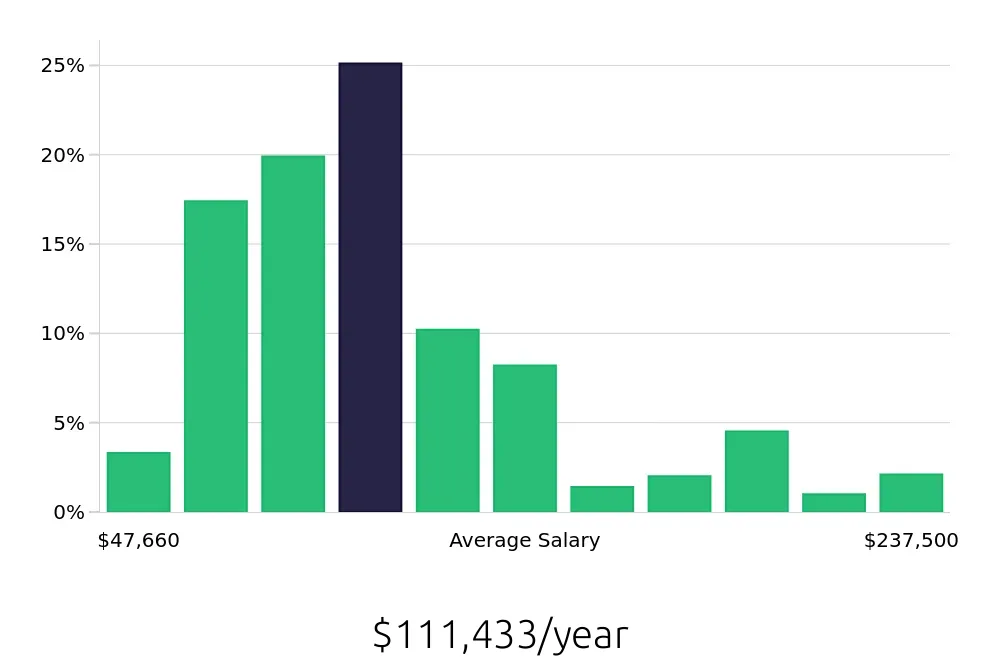Position
Overview
An audiologist focuses on diagnosing and treating hearing and balance disorders. This role is crucial for helping individuals improve their quality of life. Audiologists conduct hearing tests, fit hearing aids, and offer counseling services. They work closely with other healthcare providers to ensure comprehensive care.
Typical duties include evaluating patients' hearing levels and diagnosing hearing problems. Audiologists also develop personalized treatment plans. They educate patients on how to manage their hearing health. Collaboration with ENT doctors, speech-language pathologists, and other specialists is common. Audiologists may also engage in research to advance the field of audiology.
Becoming an audiologist opens up rewarding opportunities in healthcare. This career focuses on diagnosing and treating hearing issues. With the right steps, anyone can enter this growing field. Follow these essential steps to start your journey.
First, earn a bachelor's degree in a related field like speech-language pathology or audiology. This foundational education sets the stage for advanced studies. Next, complete a master's degree in audiology from an accredited program. This program provides specialized knowledge and clinical experience.
Following these steps leads to a fulfilling career as an audiologist. This path helps individuals make a significant impact on people's lives.
Audiologists help people with hearing and balance issues. To start this rewarding career, education and training are needed. The journey begins with a bachelor's degree, typically in communication disorders or a related field. This takes about four years to complete.
After earning a bachelor's degree, the next step is a master's degree in audiology. This degree usually takes two to three years. During this time, students gain hands-on experience through supervised clinical practice. Some might also choose a doctorate, which adds another one to three years of study. All these steps help audiologists develop the skills needed to diagnose and treat hearing problems.
We are seeking a skilled and compassionate Audiologist to join our healthcare team. The ideal candidate will be responsible for diagnosing hearing and balance disorders, providing treatment options, and educating patients on hearing health. This role requires excellent communication skills, attention to detail, and a commitment to providing high-quality patient care.
Responsibilities:
Qualifications
A career as an Audiologist offers the chance to make a real difference in people's lives. Audiologists help people of all ages who have hearing or balance issues. They assess hearing, diagnose problems, and provide treatment. Audiologists work in many places, including hospitals, clinics, and private practices. They often work with other healthcare professionals like doctors and speech-language pathologists.
This job has many benefits. Audiologists get to see the direct impact of their work, helping people hear better and communicate more effectively. The job offers good pay and job stability. Audiologists often have flexible hours and the chance to specialize in areas like pediatrics or hearing aids. However, some challenges exist. Audiologists need to have a strong understanding of hearing science. They must continue learning to keep up with new technologies and treatments. Working with people who have hearing loss can also be emotionally challenging.
Here are some pros and cons to think about:
Audiologists diagnose and treat hearing and balance disorders. This profession is expected to see positive growth, with an average of 900 job positions opening each year. According to the Bureau of Labor Statistics (BLS), the job outlook for audiologists is expected to increase by 10.6% from 2022 to 2032. This growth offers promising opportunities for those entering or considering this career path.
The average national annual salary for audiologists stands at $92,620, with an hourly rate of $44.53, as reported by the BLS. This compensation reflects the specialized skills and education needed for this profession. Aspiring audiologists can look forward to a rewarding career with both job stability and financial benefits. The steady demand for audiologists ensures that qualified professionals have many career options.
The field of audiology offers diverse work environments, including hospitals, clinics, schools, and private practices. This variety allows audiologists to choose a setting that best fits their career goals and interests. With a favorable job outlook and competitive compensation, becoming an audiologist is a wise choice for job seekers looking for a stable and fulfilling career.
